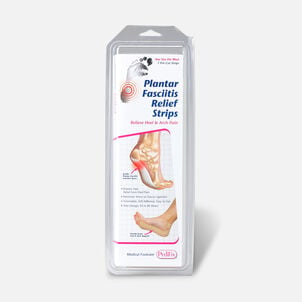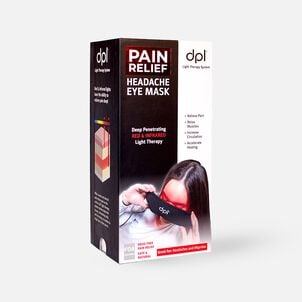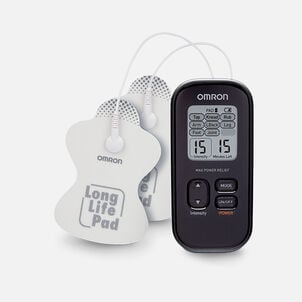HSA Headlines - 5/17/19 - health care savings and smart shopping is more important than ever

How much do you have saved for your health care needs in the future? That's the question on the minds of millions of Americans whether they're HSA holders or not.
In last week's column, we examined the efforts employers are taking on their own to support their employees' health and financial well-being through wellness programs, but in this week's edition of HSA Headlines, we'll look at the obstacles seniors still have to overcome in their HSA management and how the overall lines between patients and consumers have begun to blur.
HSA Savings for Seniors Who Want to Work Longer - Judy Faust Hartnett, PlanSponsor
The retirement potential of an HSA is among the most compelling reasons to enroll in one of these accounts, with the tax penalty for non-medical expenses waived once you reach Medicare eligibility at age 65. But the catch is, you can't contribute to an HSA if you're enrolled in Medicare, and with 25.2% of Americans 65 and older still participating in the labor force (U.S. Bureau of Labor Statistics), that's a lot of people who are missing out on prime earning years!
Luckily, a road map to a solution is already available. A bill which was passed by the U.S. House of Representatives in July 2018 called H.R. 6311: "Increasing Access to Lower Premium Plans and Expanding Health Savings Accounts Act of 2018" would have allowed participants enrolled in Medicare Part A and a qualified high-deductible health plan (HDHP) to continue making HSA contributions after Medicare enrollment.
However, with a new Congress seated in January, this bill would need to be reintroduced again. Health care is a somewhat contentious issue, and a presidential election is just around the corner, so it's not as likely a new version of this bill will be introduced soon. But with a previous precedent in place, it will be much easier to revive and make this HSA when the time is right. As always, it's not easy to predict what could happen, so stay tuned!
$10 Billion In Annual U.S. DTC Healthcare Advertising Indicates Merging Of Patient And Consumer - Joshua Cohen, Forbes
For millions of HSA uses, shopping around for the best price for health products and services is a fact of life. But in a perfect world, medical care should be about the best possible treatment method as discussed with your doctor and your own personal preferences without having to worry about cost - you can be a patient, not a shopper. But the current health care system is not exactly sympathetic to that mindset, but given the ever-rising price of health care, cost considerations are a fact of life in America's health care system.
A new study from the Dartmouth Institute for Health Policy and Clinical Practice examined how marketing of prescription drugs, disease awareness, health services, and laboratory tests in the United States changed from 1997 through 2016, and one of the most compelling pieces of data is that $10 billion is spent annually on direct-to-consumer health care advertising. That number is impressive enough on its own, but the study authors concluded that all of this spending could be a mixed bag for consumers.
For one, much of this direct-to-consumer spending is directed toward doctors, not patients. Flashy marketing and incentives could convince doctors to go with higher-priced options, while patients are left to cover the cost.
On the patient side, while this advertising can be helpful for those who may not be aware of certain treatment options for some conditions, these ads could also convince patients to go for unnecessary tests and consultations. Ultimately, studies like this show that there is a lot of noise out there in the greater health care market, and it's up to benefits and health care professionals alike to show patients the best way forward for their overall well-being.
--
HSA Headlines is a weekly roundup of the latest, most relevant news and conversations about your health savings. It appears every Friday, exclusively on the HSA Learning Center. And for more about your physical and financial well-being, be sure to follow us on Facebook and Twitter.







